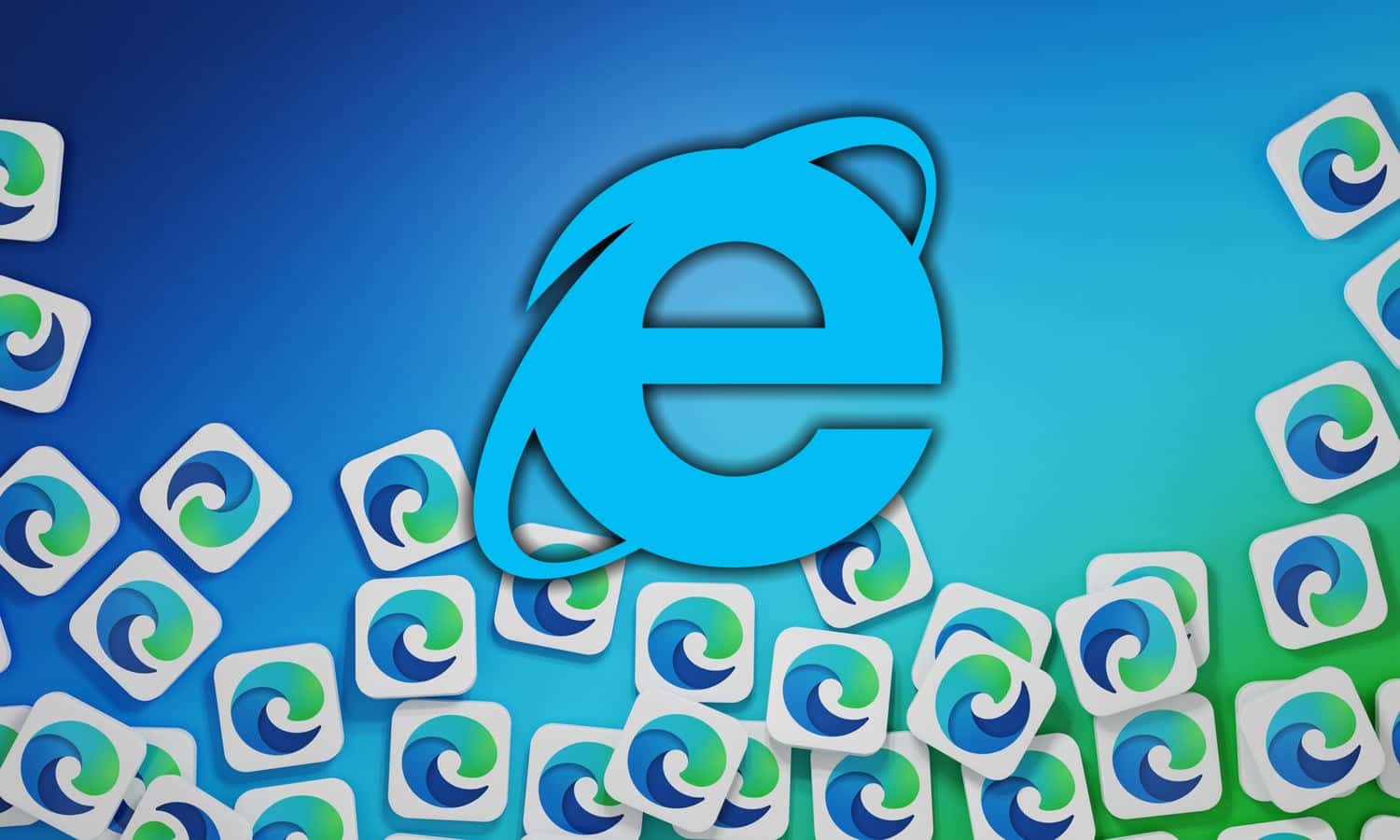
Microsoft provides more details about the drawn-out death of Internet Explorer 11
You thought Internet Explorer was dead and buried? Almost... but not quite. IE11 is still clinging to life, but Microsoft has detailed plans to finish the task of killing it off.
While the company has used updates to disable the browser in Windows 10, parts of it remain in the operating system. Microsoft has now provided an update about how it plans to completely eliminate Internet Explorer 11 -- which remains accessible in certain circumstances -- from Windows.

Microsoft is issuing an update to permanently kill Internet Explorer 11 tomorrow
Tomorrow, February 14, is Valentine's Day and this is the day Microsoft has chosen to finally break up with Internet Explorer 11.
As we reported towards the end of last year, Microsoft is releasing a software update that will permanently disable Internet Explorer 11 in Windows 10. Rather than being an update for Windows itself, Microsoft is instead pushing out an irreversible update to Microsoft Edge.
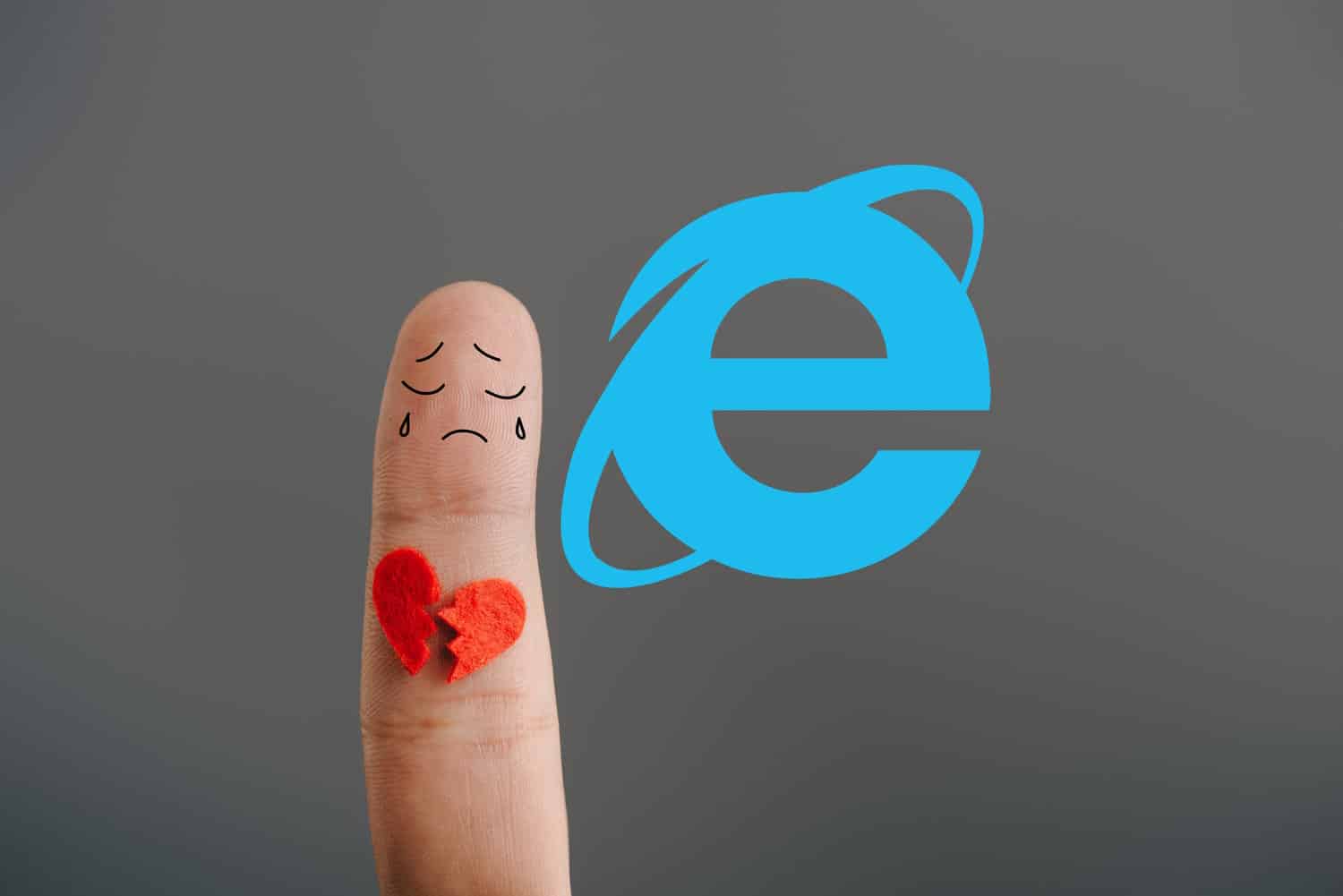
Microsoft is finally killing off Internet Explorer 11 with an Edge update
Internet Explorer has been in its death throes for quite some time, and now Microsoft is finally ready to put the browser out of its misery.
In less than two months, the company will release an update for Microsoft Edge, and this will permanently disabled Internet Explorer 11 "on certain versions of Windows 10 devices". The big day is February 14, 2023 -- Valentine's Day -- and is a different approach to the one Microsoft had previously said it would be using.

Microsoft retires Internet Explorer after 27 years -- here's what happens next
Internet Explorer was once the dominant web browser, boasting a 95 percent market share in 2004. The arrival of better and faster browsers like Firefox and Chrome, along with the rise of smartphones, slowly destroyed its ubiquity and from today it is now officially retired and out of support.
While few people will mourn its passing, the browser is still used by many businesses and individuals who simply haven’t bothered to switch from what they know. For those users, Microsoft’s solution will be a predictable one.
Microsoft offers advice for ditching Internet Explorer before it is retired next month
Next month, Microsoft is officially retiring Internet Explorer 11. In six short weeks -- June 15 to be precise -- the era of IE11 comes to an end, but Microsoft is keen for organizations to move away from the browser before the big day rolls around.
Acknowledging that many organizations are reliant on IE-dependent sites and may well have entered the final stages of preparation, Microsoft says there is no need to wait until retirement day, saying: "the best way to prepare for IE disablement after June 15, is to proactively retire IE in your organizations before June 15".
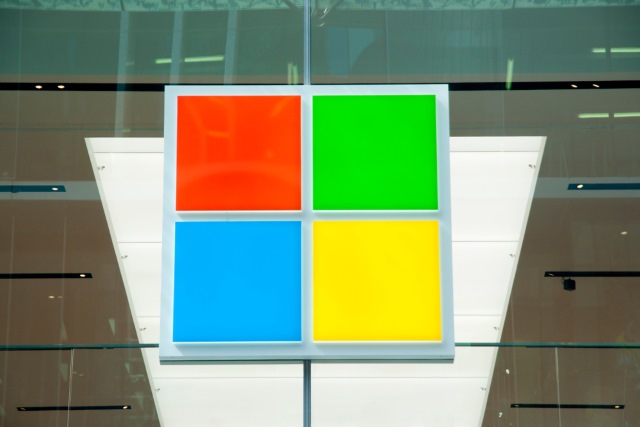
Microsoft introduces a new compatibility hold to block upgrades to Windows 11
With a warning that "IE11 data might not be accessible after upgrading to Windows 11", Microsoft has added a new compatibility hold to prevent some people from upgrading to the latest version of its operating system.
The issue affects Windows 11 version 21H2, and Microsoft has not given any indication of how many people might be impacted. It means that some Windows 10 users looking to upgrade to Windows 11 will simply not be offered the update until they have jumped through certain hops.
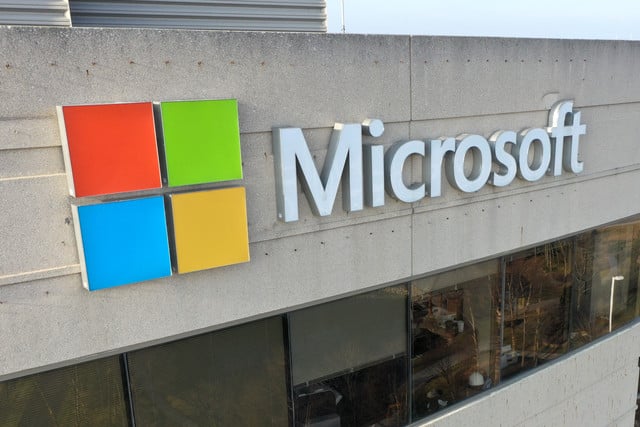
Get ready for the death of Internet Explorer 11
It may seem like a relic of the past, but Internet Explorer is still doggedly hanging on. But not for much longer. Microsoft has issued a reminder that it is mere months until the desktop app for the browser is retired.
The big day is June 15, and at this point it will be time for Internet Explorer 11 users to move on and pick an alternative. While the death of Internet Explorer has been a very long time coming, the retirement of the app will represent the end of an era.

Microsoft releases Windows 10 Build 21387 -- retires Internet Explorer
Earlier in the week, Microsoft began to roll out the Windows 10 May 2021 Update (21H1) to all, although there are some known issues with it to be aware of.
Although that feature update is now out in the wild, work continues apace on future updates of the operating system, and today the software giant brings Build 21387 to Insiders in the Dev Channel.
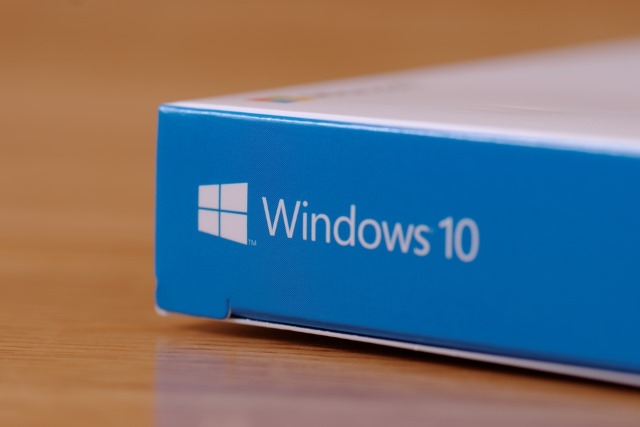
Download a free Windows 10 virtual machine to keep using Microsoft Edge Legacy and Internet Explorer 11
Having now embraced the same engine as Chrome, the Chromium-based Edge is now Microsoft's default browser. If you want to keep using Microsoft Edge Legacy and Internet Explorer 11 for some reason, Microsoft has opened up a way to do so -- and to do so safely.
The company has released virtual machine images that include both web browser. Available free of charge, the images are available for a range of virtualization platforms.
Windows 10 Anniversary Update will improve interoperability between Microsoft Edge and IE 11
Since the release of Windows 10, the update of Microsoft Edge has been a little on the slow side. The addition of support for add-ons may help to increase the user base for Edge, but many enterprise customers still have a need for Internet Explorer.
When building Edge from scratch, Microsoft included Enterprise Mode to allow sites that rely on older technology to open with Internet Explorer 11 instead. With the upcoming release of Windows 10 Anniversary Update improvements are being introduced that will smooth out some of the rough edges of Enterprise Mode, including removing the friction that currently exists when switching browsers.
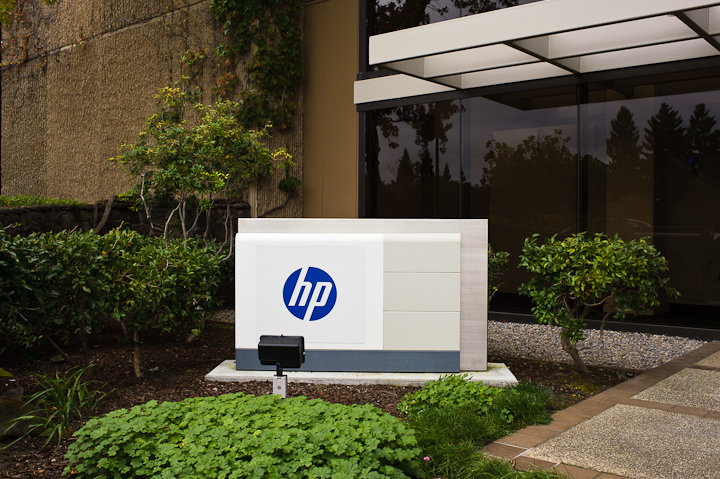
HP adopts Browsium browser management as part of its Internet Explorer 11 migration service
We recently reported on HP's new services to help enterprises migrate to Windows 10. Part of this being the WebApp Accelerator Service for Internet Explorer 11.
Web technology specialist Browsium has revealed that HP has selected its browser management solution as a core component of this service.

Internet Explorer 11 gains HTTP Strict Transport Security in Windows 7 and 8.1
As the launch of Windows 10 draws ever-nearer, we're hearing more about Microsoft Edge and less about Internet Explorer. Edge (formerly known as Project Spartan) may be the default browser in the upcoming version of Windows, but the browsing stalwart that is IE will live on nonetheless.
Anyone using the Windows 10 preview has had a chance to use the HTTP Strict Transport Security (HSTS) in Microsoft Edge, and today the security feature comes to Internet Explorer 11 in Windows 7 and Windows 8.1. This security protocol protects against man-in-the-middle attacks and is being delivered to users of older versions of Windows through an update in the form of KB 3058515.
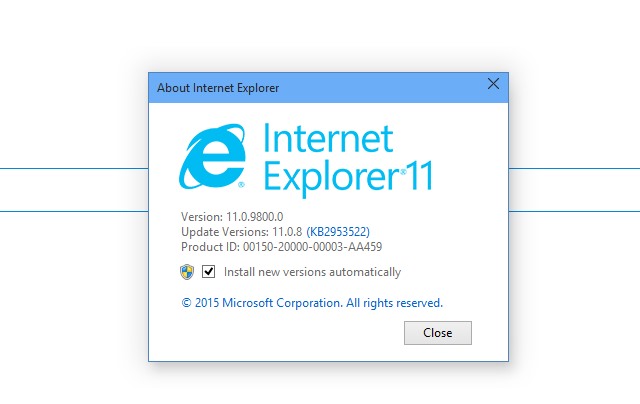
Microsoft makes improvements to IE11 for enterprises
Microsoft is continuing its crusade to wean customers off earlier versions of Internet Explorer before the Support Lifecycle changes kick in in January 2016.
The company has announced changes in its April update to Enterprise Mode and Enterprise Site Discovery in IE11 to provide enhanced backwards compatibility for sites designed to run in earlier versions of the browser.

Microsoft helps enterprise customers move to Internet Explorer 11 and Windows 10
While everyday consumers are important to Microsoft, a decent chunk of its income comes from enterprise customers. This group of users can be slow to upgrade software, and Microsoft is keen to encourage them to upgrade to Internet Explorer 11 before support for earlier versions come to an end in January next year.
The company is only too aware that many people are running web services and apps designed for older versions of Internet Explorer. Laying the groundwork for ultimate upgrades to Windows 10, Microsoft is pushing the Enterprise Mode, the Enterprise Mode Site List and Enterprise Site Discovery feature of IE11 as a way to benefit from security updates and technical support whilst simultaneously paving the way for a Windows 10 upgrade further down the line.

Microsoft Internet Explorer security flaw could put users at risk
In terms of market share, Internet Explorer remains the top web browser thanks to being the default on Windows and average users not knowing any better. Those with a lean towards technology frequently use alternatives like Chrome and Firefox. This was a major problem in the days of IE 6, but Microsoft has improved its offering with each iteration.
But no software is perfect and security holes are found on a regular basis. This time it seems Microsoft's browser has a major one. The flaw that has been discovered can be used to exploit users via phishing attacks and malicious code insertion.
